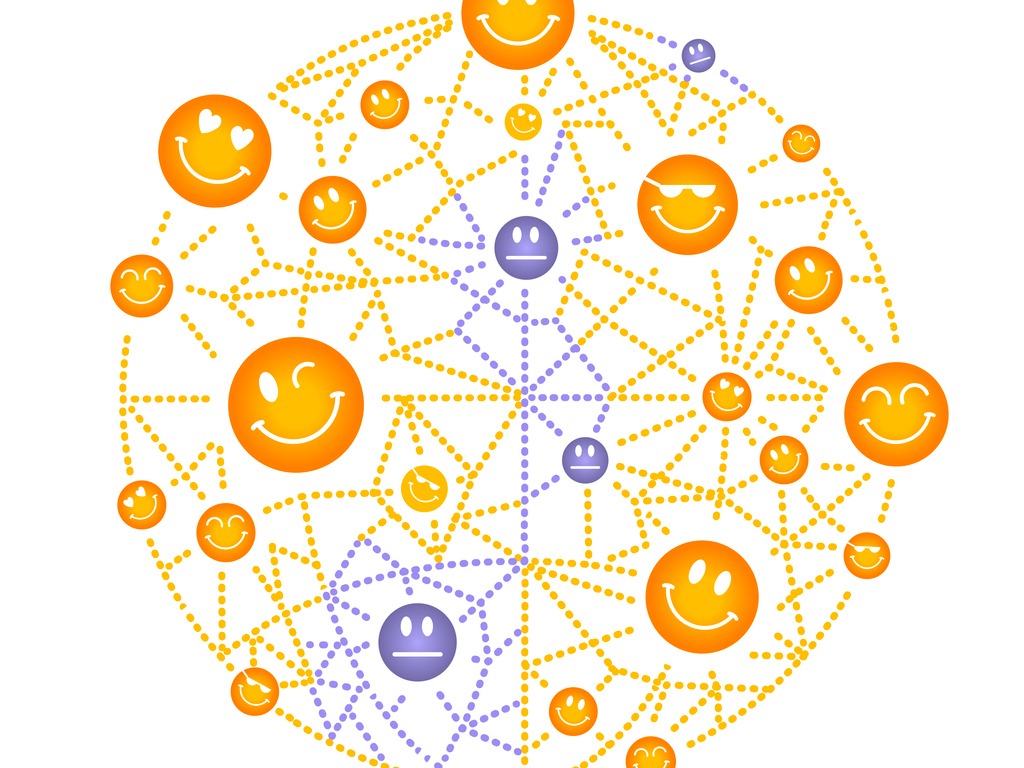
Sid Madge shares his top five ways to be the best administrative professional you can be, in just one minute a day
If not exactly inventing new ways of working, COVID-19 certainly necessitated that businesses embrace them – very rapidly. Many of us have since fathomed out how to work from home productively, and online meetings are the new normal. Even when the pandemic is over, it’s unlikely that our working life will ever go back to the way it was.
Whatever the outcome, every business still faces these new issues alongside the perennial favourites: retention, recruitment, resilience and performance. Perhaps it’s time to overhaul our approach to learning and development while we are at it. According to Gallup, 85% of the global workforce is disengaged. A separate study found disengaged employees can cost around $450-$550 billion each year. Clearly that’s not sustainable inside a post-pandemic recovery.
I’m a great believer in learning how to create ‘micro-moments’ rather than having people attend endless courses and interventions. When we foster the ability to actively take charge of our situation and emotions in the moment, we can bring more empowerment and enablement to the workplace and help people create positive momentum for themselves and their teams. Each micro-moment intervention is designed to be actionable in a minute, and I’ve written three books on these micro-moments for life, work and family.
In every strong relationship, it’s not the grand gestures that win the day; it’s the little things. The same is true in business.
As an individual, you want to be the best administrative professional you can be, and your employer wants to make sure the best staff stay with them. Both these outcomes can be achieved by focusing on the micro-moments.
Here are five simple ways to make this happen in just a minute a day.
1. Encourage Alignment of Purpose and Values
Corporate mission statements and annual reports are chock full of discussion on corporate mission and values, but encouraging employees to understand their own purpose and values is an untapped gold mine. When we feel our purpose and that of our employer are in alignment, then we tap into higher levels of motivation and discretionary effort. When we can see the synergy of how our personal values align with the values of the company we work for, there is more connection and enthusiasm in the workforce and engagement goes up.
This also helps with recruitment, resilience and performance. If organisations recruit for aligned values, then retention is less of an issue. As employees, we are much more resilient in navigating the inevitable ups and downs of work life because we see the bigger values-based picture (i.e., we can recognise the importance of our work in the corporate context because that work also fits with what is important to us at a personal level). Performance improvement is a happy by-product of greater alignment of purpose and values.
Take a few minutes to do the Meee Values exercise and consider how your current role allows you to live those values on a daily basis. If you discover that one of your values is kindness, where are you demonstrating kindness in your role? When does your organisation demonstrate kindness? Join the dots for greater personal alignment and connection to your work and company.
2. Say Thank You (and Sorry)
I get it, we are all busy. There is a mountain of stuff to get through, but a heartfelt thank you can go a very long way in building relationships, trust and motivation. Specific appreciation is always more powerful than generic praise because it proves that you are paying attention. When someone goes the extra mile – acknowledge it and make sure colleagues know you are grateful for their effort. This intervention usually doesn’t even take a minute!
It’s worth noting that a very close second in terms of quick interventions that matter is a heartfelt sorry when one is needed. Never shy away from an apology, especially when you know you were in the wrong. Showing humility and honesty also helps to build trust.
3. Take Responsibility: Give Praise
If you are a team leader or the overall manager, always take responsibility and don’t apportion blame – even if it’s warranted. Certainly, never pull people up for any performance issue in front of others. Those conversations need to be one-on-one. Acknowledge the shortfall and work as a team to put it right. No finger pointing.
Conversely, when things go right, don’t take the glory. Make sure those involved are thanked and do that publicly as well as one-on-one. Again, these are quick actions, but they bond the team and build trust.
4. First Things First
As an administrative professional, you can support your executive in helping everyone to be clear what the organisation is striving for and who will benefit. And do the same if you are in a team leader role. This will increase motivation all round. Empower each person to focus on their most important work first and make sure they have the access, responsibility and resources to make it happen. Encourage everyone to do first things first and only move on to the next priority when they have finished that first thing or have progressed it as far as possible at that time. With your skills, you are well placed to do this!
Productivity always takes a nosedive when employees are unclear of their role, priorities or the scope of their decision-making powers. When leaders take a few minutes each day to help clarify such things, it can make a huge difference to productivity and efficiency. Why not encourage your colleagues to create focused time when they can be free of distractions (for example, turn off the email), which helps us get into a flow and achieve more?
5. Foster the Beginner’s Mind
Shoshin is the concept of the ‘beginner’s mind’ practiced in Zen Buddhism and refers to an attitude of openness, anticipation and lack of assumptions and preconceptions when learning a new subject – even when that learning is at an advanced level. You can adopt this mindset and encourage your colleagues to do the same. Perfection is not required; effort and openness are far more important. Purposefully take some of the pressure off, especially when people are learning something new or use a new system. Aim for curiosity and engagement and give some leeway in the spirit of experimentation.
When learning something new, everyone should have the opportunity to demonstrate the new skill without judgement. Adults learn by doing, not talking about doing. It should be fun! You could help introduce the idea of prizes for the worst initial effort or the most insightful learning. Mastery is not the initial aim – engagement and just trying something with an open mind is the initial aim.
Conclusion
By taking just a few minutes a day and following the suggestions above, you can do your best and enjoy your work. The organisation’s leaders can help by ensuring that everyone feels valued and appreciated for it. Enjoyment comes from aligned values, appreciation and support, which are the keys to supporting individuals to achieve and retaining them, and it doesn’t have to take a lot – it’s the small micro-moments that make the biggest difference.












